By Sandhya Ravishankar
On Monday, May 29, newly sworn in Karnataka Chief Minister Siddaramaiah held a meeting with over 40 writers and thinkers at his official residence Krishna. A press release followed suit which is a portent of things to come. In fact, for this journalist, there is an eerie sense of déjà vu which harks back to the last regime of Tamil Nadu’s M Karunanidhi between 2006 and 2011.
But let us look at the present first, before wallowing in history.
Chief Minister Siddaramaiah’s office issued a short statement post his meeting with the writers.
- “The act of polluting children’s minds through texts and lessons cannot be condoned. As the academic year has started, we will discuss and take action so that the education of the children is not disturbed.
- Education sector will not be allowed to be adulterated in the name of the new education policy. A separate meeting will be convened in this regard once again to discuss it comprehensively and take strict and definite decisions.”
are two of Siddaramaiah’s promises to the writers and thinkers.
The opinions expressed by the delegation too are on similar lines.
- “In this regard, the anti-constitutional, communalist textbook should be amended immediately, and the bad effect on the minds of the children should be prevented. The textbook should be revised by next year.
- There should be a change in the administrative system of the education department.
- National Education Policy should be withdrawn. Aspiration of equal education should be realised for an equal society.
- Getting out of the NEET system is required for admission to medical education. Implementation of reservation in private medical colleges should be done adequately.”
are some of the points put forth by them.
So another revision of textbooks is imminent. And Siddaramaiah is likely to take a relook at the National Education Policy (NEP) while the NEET demand is not feasible as Tamil Nadu recently witnessed.
But these promises by the Chief Minister have resulted in questions being asked as to whether students and education is being politicised needlessly.
“Even if they change one sentence in the textbooks, they need to give substantial evidence as to why they are making those changes,” said Rohit Chakrathirtha, the former head of the Government Textbook Revision Committee under the BJP regime in Karnataka. “Baraguru Ramachandrappa’s chapters were full of lies and we deleted those portions. It is not right to keep changing textbooks. If another government comes to power tomorrow children should not be experimented upon,” he said.
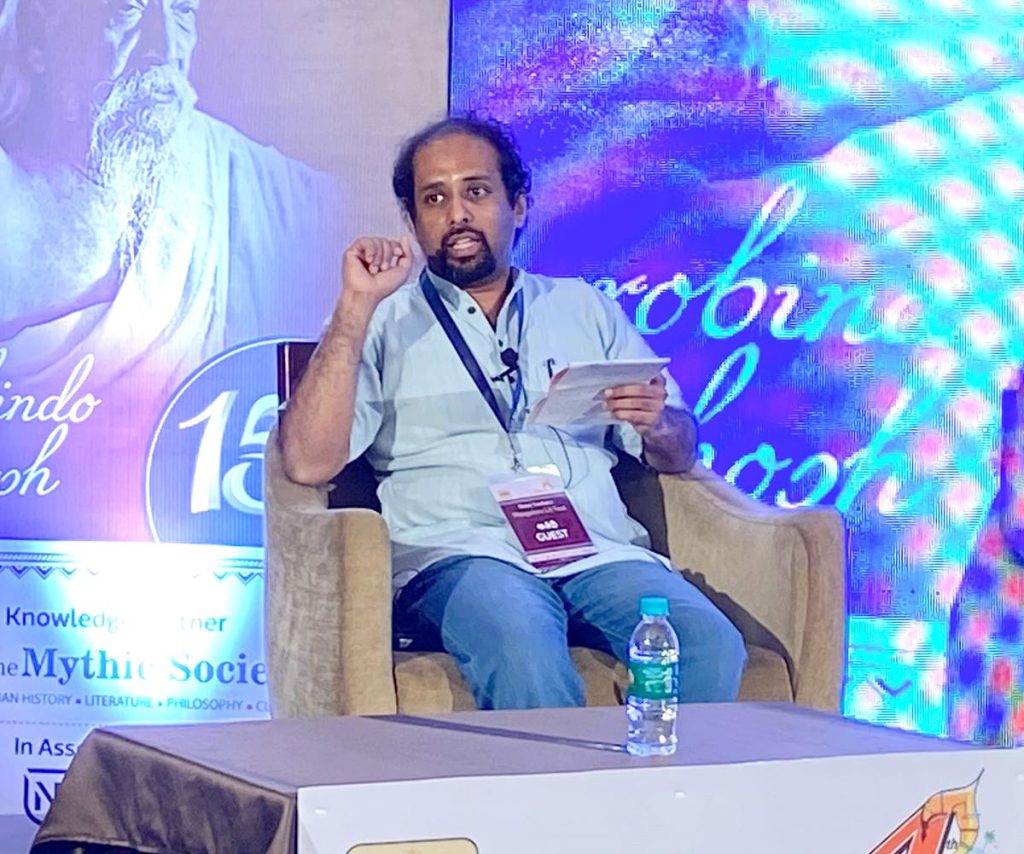
The key issues that the Karnataka Congress as well as several writers had raised after the Chakrathirtha committee completed its revision were:
(a) Class 10 Kannada textbook: Replacement of a chapter on Bhagat Singh with an essay on a speech by RSS founder Hedgewar
(b) Removal of chapters on Narayana Guru, social reformer Basavanna and Tamil Nadu’s Periyar EV Ramasamy Naicker.
(c) Allegations of factual errors in the chapters on Basavanna.
(d) Allegations of “disrespecting” the renowned Kannada poet Kuvempu.
(e) Deletion of large portions of a chapter on Tipu Sultan.
Chakrathirtha, however, stood his ground and stated that the committee led by him had only addressed factual errors and removed irrelevant portions from Baraguru Ramachandrappa’s textbooks. Ultimately, the Bommai-led BJP government disbanded the Chakrathirtha committee and agreed to make any changes that the people saw fit.
Now the Siddaramaiah government appears to be going the same way by tinkering with textbooks once again. And this, caution experts, is a slippery slope which will only affect the students of Karnataka.
“It is unfortunate that students suffer each time the government changes,” said E Balagurusamy, under whose leadership a committee revised and improved the syllabus in Tamil Nadu between 2017 and 2019. “Textbooks must not be changed at the whims and fancy of politicians. We need a steady policy for education.”
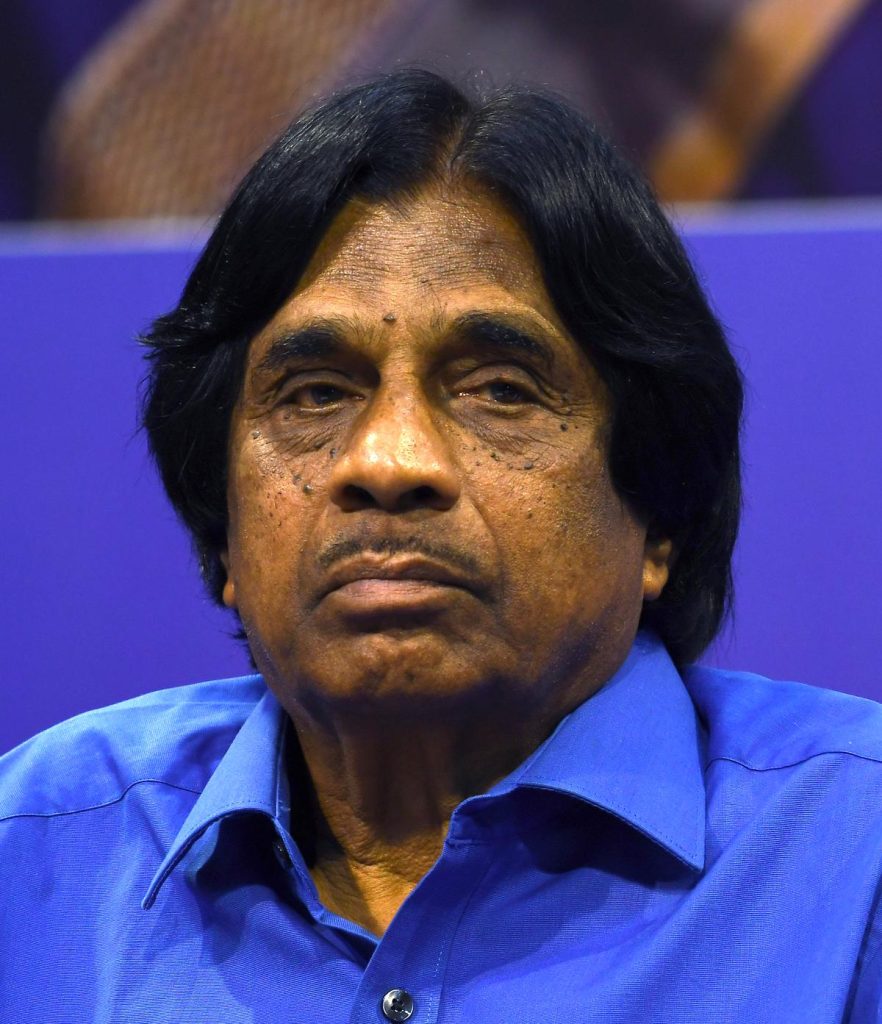
Rohit Chakrathirtha sounded a warning for the Congress state government in changing textbooks. “The textbooks have already been dispatched to schools, there is no time now. My guess is that they will reprint the entire 2017 textbooks. It costs Rs 200 crore to print textbooks. Learn lessons from history, I would say. Baraguru did not complete revision of textbooks by December 2017 and it was delayed till May 2018. Textbooks reached the students only by December 2018. So for about 6 months, there were no textbooks for students, because printing by 10-15 publishers takes at least 3-4 months,” he said.
Rolling Back NEP?
Balagurusamy is a vocal supporter of the National Education Policy (NEP) introduced by the Centre in 2020. Karnataka has also adopted the NEP in 2021 under the BJP government and now, the Congress government wants to roll that back as well.
“The main reason for the fall in education standards in Tamil Nadu was the Samacheer Kalvi syllabus that came into effect in 2007. After 2019-2020 once the syllabus was changed, students in Tamil Nadu are faring better in exams. Of course a lot more needs to be addressed – teachers’ attitude needs to change, evaluation, examination all of that needs to improve. And that is why NEP is crucial,” he told The Lede.
“Those who met the CM on Monday say that NEP has been imposed on Kannada people. I challenge anyone to show me where any specific language is mentioned in the 150-page NEP. It is a language-free policy. The current Congress government is going the Dravida way, trying to say Hindi is being imposed upon Kannadigas. There is no such imposition of any language. They are simply trying to oppose anything that comes from the Centre,” said Rohit Chakrathirtha.”It took more than six months to do the position papers for NEP and now it looks like the Congress government will remove everything – committees, members – new committees will be formed which will outright reject the NEP,” he added.
Interestingly, Tamil Nadu, which has rejected the NEP and continues to follow the state’s own education policy, recently announced free breakfast in schools (apart from the noon meal scheme) and another scheme called Naan Mudhalvan, which offers “dynamic information for college students on courses and relevant information about industry specific skill offerings” according to its website.
“Both of these are already in the NEP,” said Balagurusamy. “For all the posturing, NEP is being indirectly rolled out in Tamil Nadu. To date, no one can find out one thing bad about the NEP. I would say don’t create problems in education. Everyone has already started rolling out the NEP,” he said.
Dravida Model in Congress-led Karnataka?
These decisions by the Chief Minister have led academics to ponder over whether the Karnataka Congress is going the DMK way.
The Congress manifesto was almost exactly a replica of the DMK’s 2021 offering, whether it is with respect to monthly dole for women, free bus passes for women or the stance on NEP. With the latest promises on textbooks, NEP and NEET, experts wonder whether the Karnataka Congress is following the Dravida model of the DMK.
“The Dravida model does not exist,” said Balagurusamy. “People are being fooled in the name of social justice and this model. It is very unfortunate if the Karnataka government is attempting to adopt the Dravida model,” he said.
Chakrathirtha too agreed. “There is a lot of talk in our circles about how the Karnataka Congress is mimicking the Dravida model. But this will result in divisive and separatist forces ruling the roost in Karnataka.”

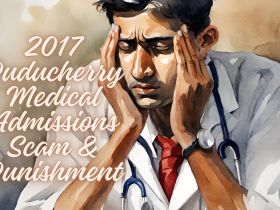


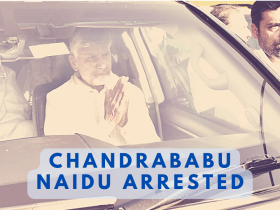
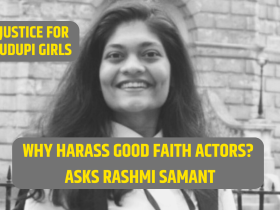
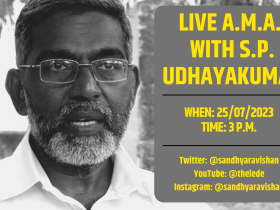
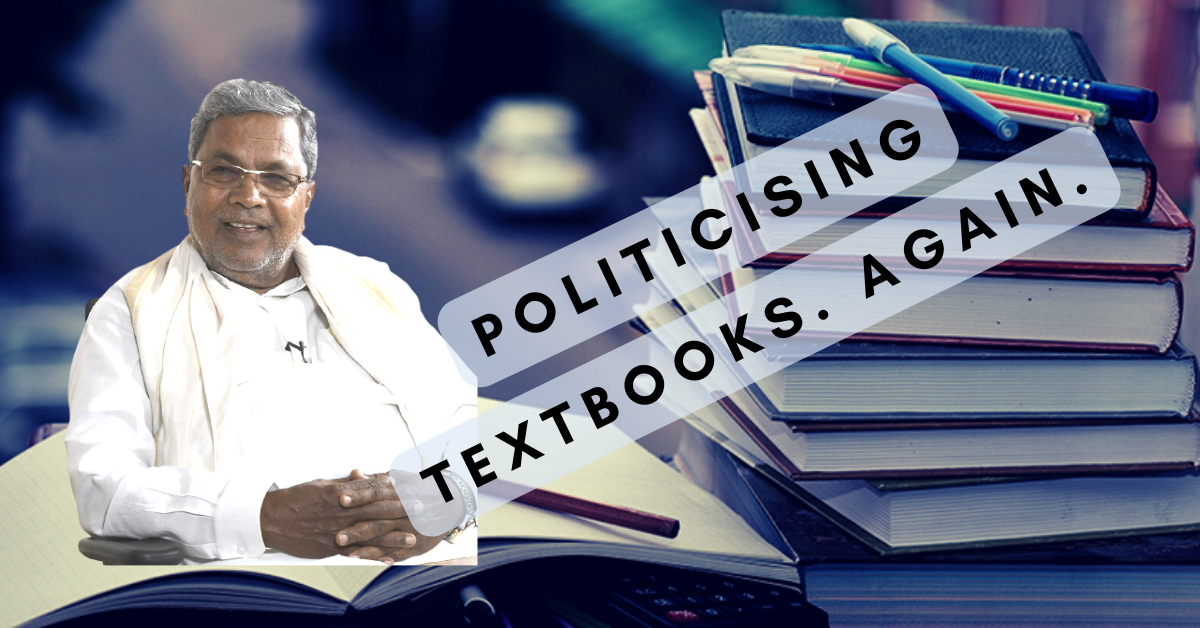
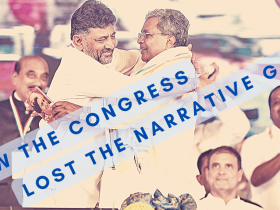



Leave a Reply